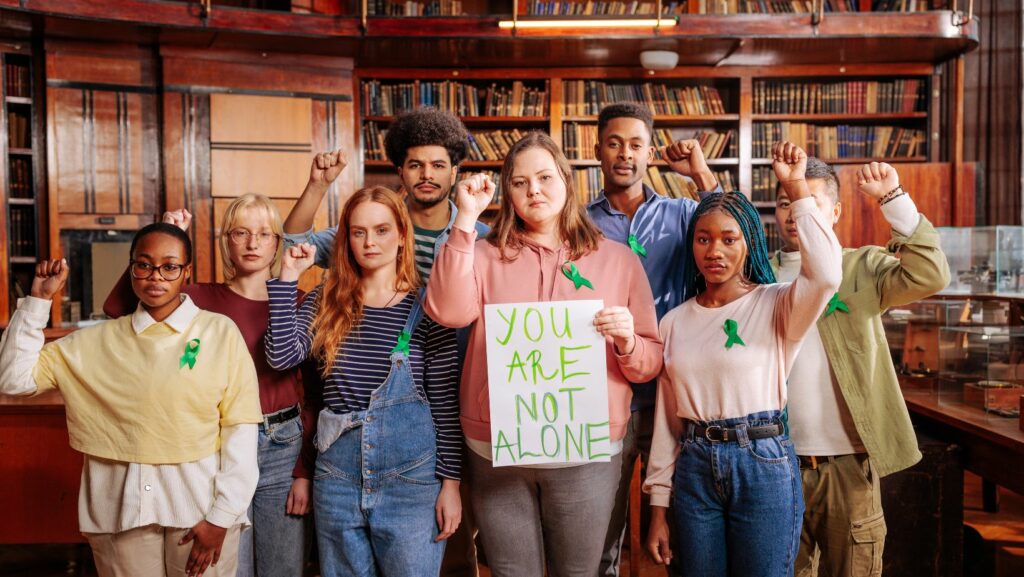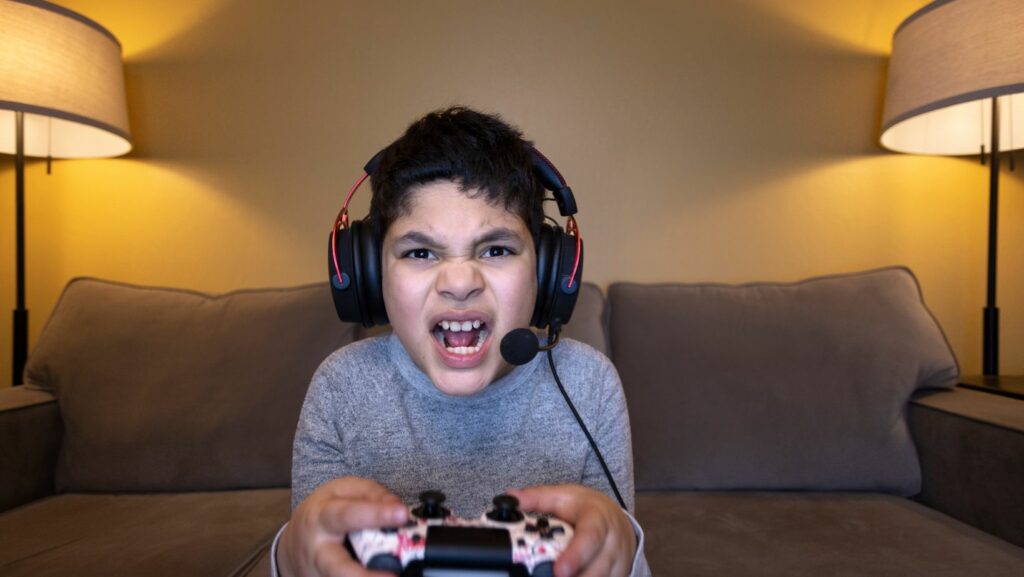Mental Health Games and Activities for Students
In the current academic setting, students face myriad pressures—from rigorous academic schedules to complex social dynamics, leading at times to anxiety and stress. Mental health largely affects how students think, feel, and act, thereby directly influencing their ability to learn, socialize and maintain relationships. The National Institute of Mental Health reports that approximately one in five youth aged 13–18 experiences a severe mental disorder at some point during their life.

This underpins the critical importance of mental health in schools. (source: National Institute of Mental Health)
Mental Health Games and Activities for Students can be real game-changers in schools. They offer a complement to traditional counseling, breaking down barriers, fostering resilience, and encouraging emotional expression. For instance, role-playing games impart effective communication skills and emotional intelligence to students, while activities like group discussions provide them a safe space to share and manage their emotions. Educational Neuroscience suggests that playful, active learning also enhances students’ memory and learning capacities, facilitating their overall cognitive development. (source: Journal of Educational Neuroscience) Hence, the strategic use of games and activities bearing a mental health focus can significantly contribute to healthier and more balanced mindsets among students.
A Closer Look at Mental Health Games
Taking a deeper dive into the realm of mental health games, we shed light on the unique aspects that classify them and some widely known examples used in student environments. These games, with their unique features, offer valuable opportunities for young learners to build resilience, engage in emotional expression, and stimulate cognitive development all within a supportive and interactive framework.
An ideal mental health game embodies certain distinguishing features. To begin with, they establish a safe and supportive environment, ensuring students can express freely without fear of judgment. Secondly, they break down complex psychological concepts into understandable bits, making it easier for students to grasp.

Instructions in these games clearly define challenges, objectives, and rewards, giving students a clear pathway to follow. Fourthly, these games incorporate aspects of collaboration and teamwork, facilitating peer understanding and empathy towards mental health struggles. Lastly, they adapt to individual capabilities and progress levels, offering personalized experiences that cater to every student’s abilities.
Mental Health Games and Activities for Students have gained considerable recognition for their effectiveness in promoting mental well-being among students. For instance, “MindMatters” provides a host of resources and interactive modules that guide students through a variety of topics related to mental health. “Heads Up!” tends to use a light-hearted approach to teach about mental health, making it a favorite among younger students. More intricate games like “Depression Quest” simulate real-life scenarios associated with depression, catering to older students and giving them a comprehensive understanding of the issue. Collectively, such games provide a diverse range of mental health learning and support tools that are integral in molding a healthy school environment.
Exploring Mental Health Activities
An exceptional mental health activity targets specific aspects of well-being. Incorporated elements often serve to boost resilience, incite emotional expression, and foster cognitive growth. For instance, a compelling activity might offer clear instructions, making the learning process transparent. Next, activities often encourage collaboration. Through teamwork, students gain a sense of belonging, promote positive peer interactions and enhance social-emotional learning. Considering the diverse learning styles, a beneficial mental health activity adapts to individual needs, providing flexible platforms for each student to reach their full potential. This could be in the form of variations in game rules, levels of difficulty, or modes of interaction.

Many effective mental health games also provide a safe avenue for expression. For example, role-playing activities allow students to express and understand emotions in a non-threatening context. Moreover, the tools used in these games simplify complex concepts, making mental health topics more accessible and relatable for students.
Several schools are utilizing innovative mental health activities. Noteworthy examples include “9 Pieces,” a board game facilitating discussions surrounding mental health and emotions. It aims to dispel stigma and foster understanding amongst students. Similarly, “Mood Meter,” an interactive tool used in many classrooms, checks in on students’ emotional states. It encourages self-awareness and emotional literacy through visual cues, fostering a conducive learning environment.
“Dungeons & Dragons,” though traditionally a fantasy role-playing game, has been modified by educators for mental health education. Players traverse an imaginary universe, encountering situations mirroring real-life mental health challenges. Such activities facilitate empathy-building as students navigate complex emotional landscapes.



